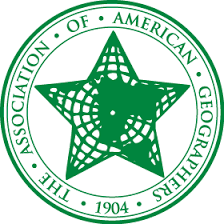
Findings were well received and generated interest from audience members as to the potential application of the GET-FACTS KT model in other research studies.
Abstract Title:
What is this thing called Knowledge Translation? What do scientists think of end users?
Paper Session:
Closing the 'know-do' gap: Geographic case studies in Knowledge Translation II
Authors:
Jenna Dixon, PhD* - University of Waterloo
Susan J Elliott, PhD - University of Waterloo
Abstract:
Many have noted the gap between "what we know" (health researchers) and "what we do" (actions of end-users). That is, the knowledge being transferred was not appropriate or applicable to the end-users, and it is never known if it requires any follow up. This paper reports the preliminary findings of an "integrated Knowledge Translation" approach, in which knowledge is gathered collaboratively between researchers and end-users, to a large biomedical (clinical and laboratory based research) health study on food allergies in Canada. As a novel and innovate approach to Knowledge Translation, this is a 'study of a study' exploring the use of Steering Committee of end-users who collaborate with research scientists helping shape the research agenda. This paper presents research conducted with the project's scientists, located widely across Canada, in 2014 (n=16). We broadly asked scientists: What role do you think end-users should have in shaping (this) health research and is this important? Findings reveal a strong desire (and practice) on the part of the scientists to connect with "real people" to understand their experiences and inform the research. Yet, hesitations surrounded the execution of integrated Knowledge Translation for biomedical research. Primary concerns were the demands on time (and a research environment that gives little credit for this time use) and a tension created from the incremental progress of science while end-users desire more timely explanations. Implications to both food allergy research and other biomedical studies will be explored, including strategies for overcoming initial barriers to integration.
Keywords:
Knowledge, science, health, food allergy, knowledge translation